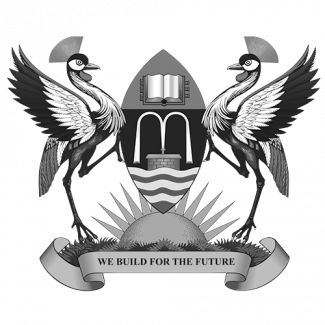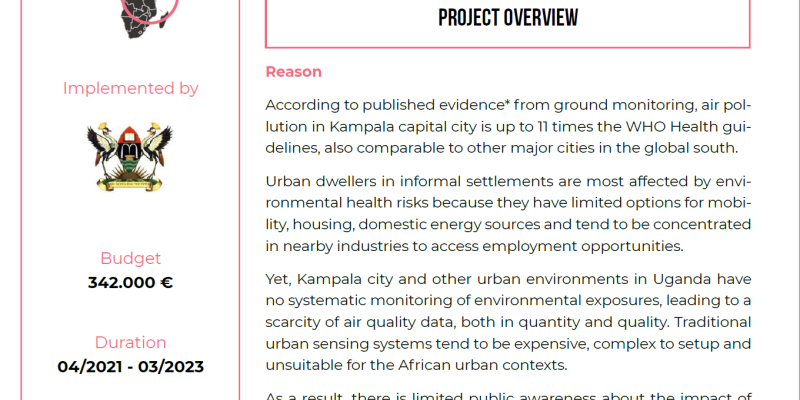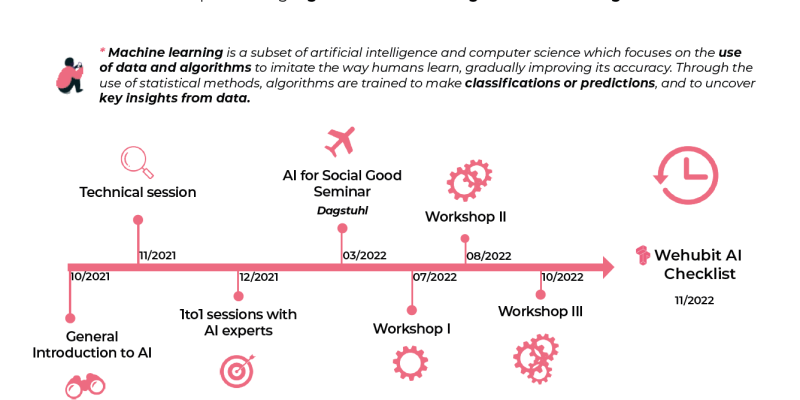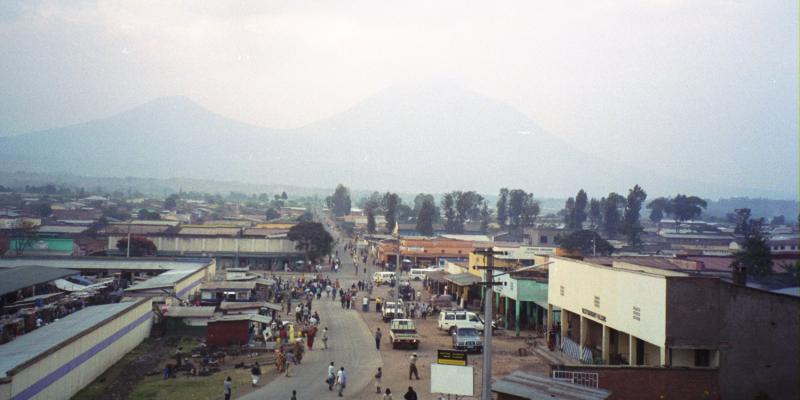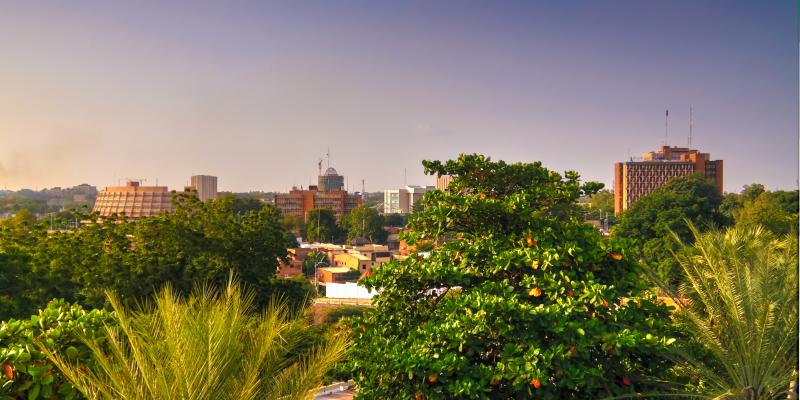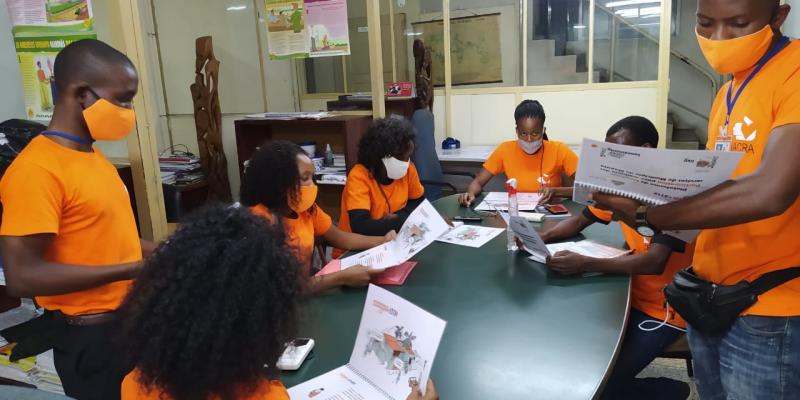Kampala city and other urban environments in Uganda have no regular monitoring of environmental exposures leading to a scarcity of air quality data, both in quantity and quality. This leaves urban communities uninformed about their exposure and as a result, there is limited public awareness of the impact of pollution on health. Urban dwellers in informal settlements are most affected by environmental health risks because they have limited options for housing, energy sources and tend to be concentrated nearby industries to access employment opportunities. Without data and evidence, it is not possible for them to engage and demand for action from city duty bearers. Similarly, Kampala city duty bearers, private sector and the government lack accurate information on the environmental exposures to act. Traditional urban sensing systems tend to be expensive, complex to setup and unsuitable for the African urban contexts.
The AirQo system provides timely and hyperlocal access to air quality information for urban dwellers and duty beaters in Kampala city allowing them to take actions that lead to improvement of air quality in their communities. The AirQo digital air quality platform leverages locally built low cost technologies and artificial intelligence approaches, to close the gaps in air quality information access and allow for active citizen engagement in air urban environmental issues.
The project builds upon AirQo’s existing air quality monitoring system for Uganda.
Each device is connected to the AirQo digital air quality platform and streams real-time air quality data into the platform for storage, further analysis and presentation. The project will develop a customised, easy access, multi-level digital air quality toolkit including app, website and dashboard. City authorities and policy makers will be provided with access to the platform to get a city overview of the air quality trends by division and community, allowing them to take decisions and implement actions to improve air quality specific to city divisions. Awareness campaigns about air pollution have been carried out at community level to sensitize vulnerable groups, and trainings have been conducted for education and health professionals.
- Over 150 air quality monitors deployed in 5 cities between 2019 and 2023 had primarily been planned at the beginning of the project.
- Collaboration with air quality communities and duty bearers in 8 other african cities : Nairobi, Kisumu, Lagos, Bujumbura, Yaoundé, Dakar, Manhica, Accra.

